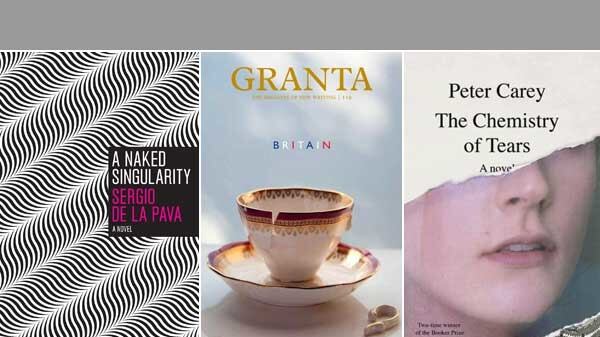While the fiction is, as always, serenely good, it is the nonfiction exploration of a struggling yet dignified culture that is remarkable.
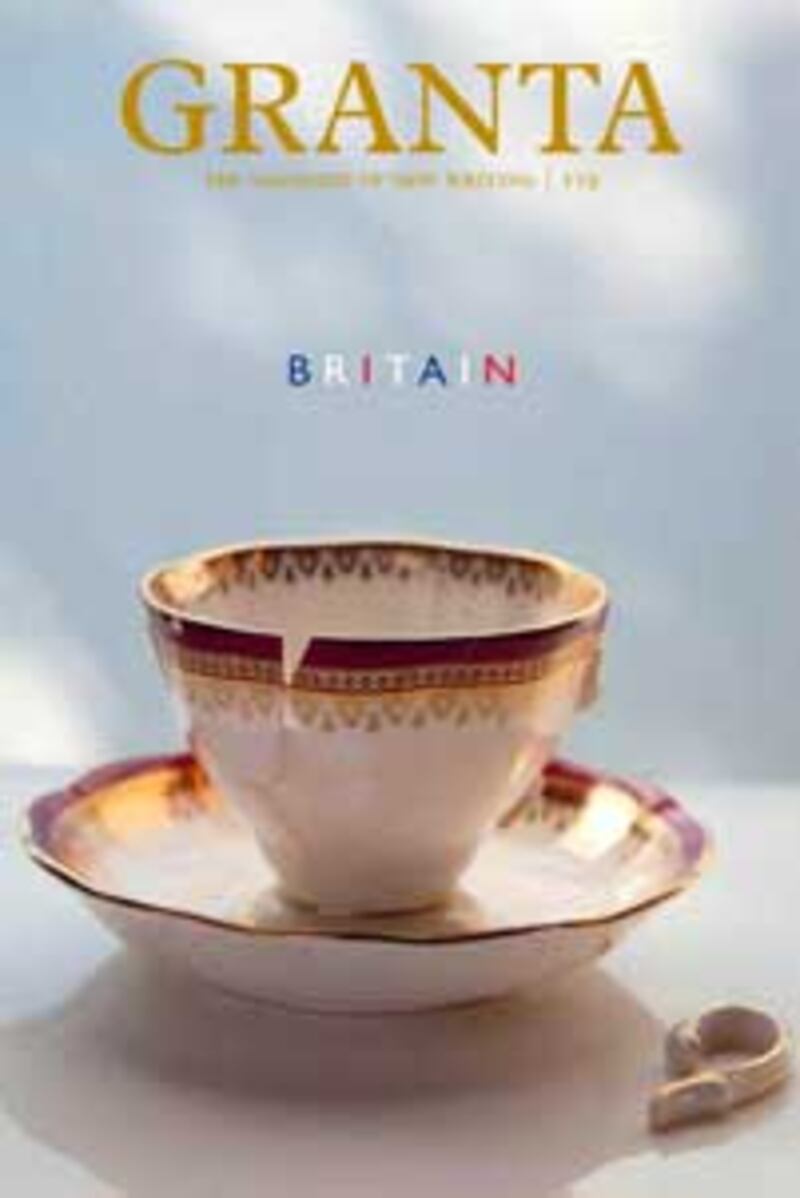
The Paul Smith-designed cover recalls a ruined Downton Abbey, a polite culture knocked about. Granta devotes an entire issue to today’s Britain, where austerity and nostalgia reigns, for better or for worse. The fiction is spectacular, with entries from Nobel laureate Mario Vargas Llosa (“The Celt”) and the extraordinary Adam Foulds, whom I’ll read whenever, whatever he writes. His “Dreams of a Leisure Society” is, unsurprisingly, packed with the best descriptions of all the writers working in the English language today. Yet British fiction can’t help but seem caught in the age of Waugh, whereas it is the nonfiction that is precious and special. Everyone’s quick to ponder the decline of America or the rise of China, yet so few continue to reflect on the historical and cultural legacy of the British, and the problems such a society faces today. Gary Younge’s “Stevenage” paints a bleak picture of the gray Hertforshire town. But it is Andrea Stuart’s “Sugar in the Blood” that sends one boiling. Her ancestors were Englishmen long ago, who upon the very British idea of colonialism left to colonize the Barbados. Then, in the 1970s, Stuart returned to Britain, and the dark skinned woman suddenly found herself an alien in her home country. “My color still enters the room before I did,” she writes. “And I cannot help resenting the notion that, while I am, according to some, not good enough to be British, my ancestors were nonetheless good enough to help build the country, defend it and die for it.”
The Chemistry of Tears by Peter Carey
The two-time Booker Prize winner looks at the effects of grieving, through one story of a woman whose married lover died suddenly, and another of a Victorian man whose son is dying slowly.
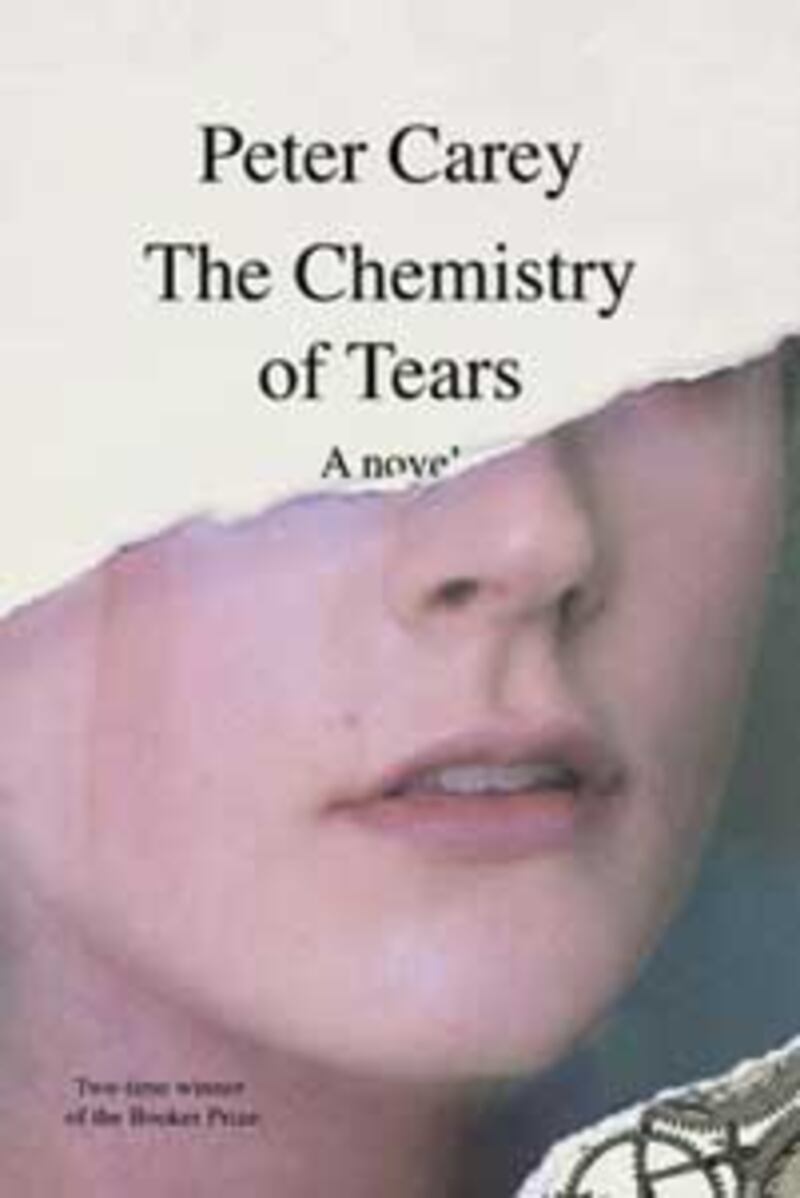
The hazards of thinking apocalyptically big doesn’t bog down Peter Carey’s newest novel—you’d expect a two-time Booker Prize winner who has re-imagined the travels of Tocqueville (Parrot and Oliver in America) and written The True History of the Kelly Gang to know how to handle any scenario—even if it’s a London plagued by climate change, about Catherine Gehrig, a museum conservator who is secretly grieving over a married man. “Then there was a very wide white man in shorts, crawling up against the weight of water, his body flat against my glass. I saw his belly button and the black hair on his skin, as if some creature of the unconscious was breaking through the membrane of a dream.” The Noah-like rain is an opportunity for Carey to examine the fluidity of human feelings. There’s a plot about a 19th-century man named Henry Brandling who designed a mechanical duck/swan, which Catherine is trying to rebuild. The narrative might earn comparisons to Brian Selznick’s The Invention of Hugo Cabret, but The Chemistry of Tears is altogether stranger and colder, and that’s not a bad thing for those who found Hugo too sentimental.
Freedom and the Arts by Charles Rosen
The title of this collection does not lie: the power that this rich and vast music critic imparts on you the reader will set you free.
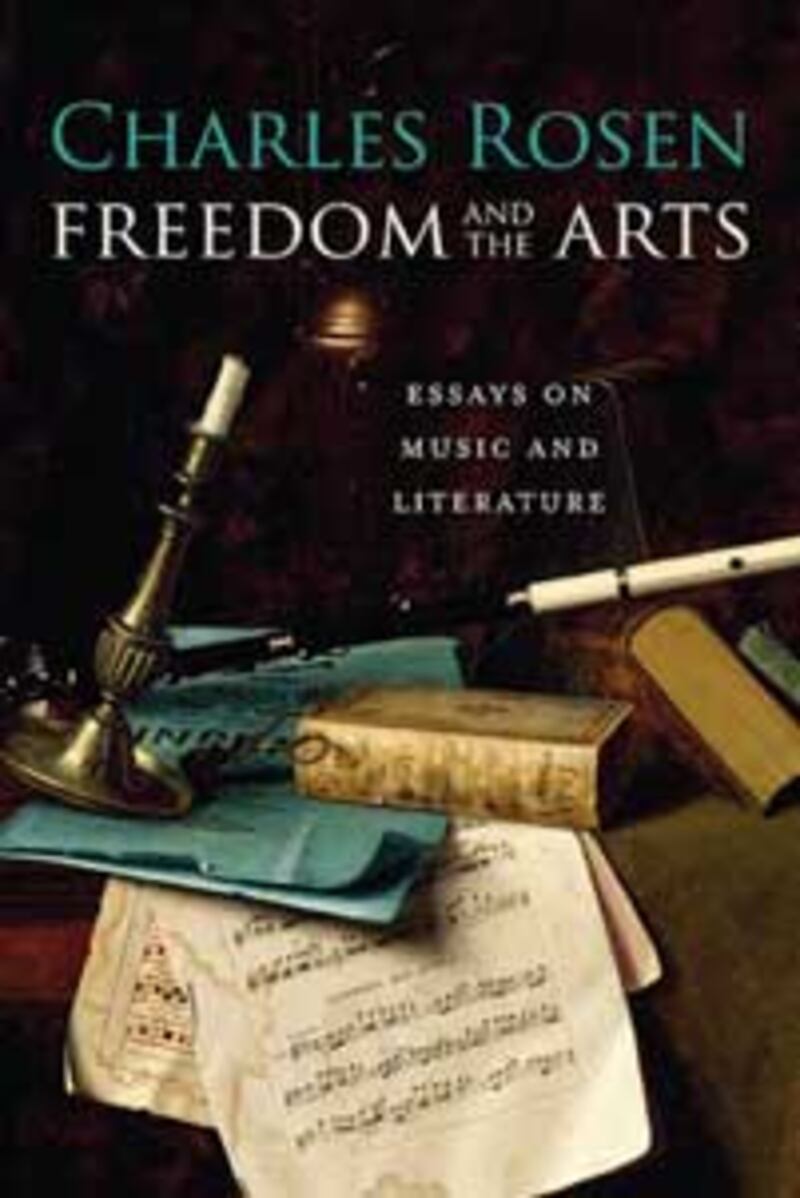
You can get lost in the world of Charles Rosen. He’s quite possibly the richest cultural critic writing today in the vastness of what he offers. Sprung onto the broad pages of the New York Review of Books, Rosen is in the unique position of having the space to write at length about whatever he wants. As a formidable pianist and a professor emeritus of music at the University of Chicago, his principal jumping off point is, of course, music. But once he jumps, he lands into psychology, literature, science, philosophy, art—everything that’s in the primordial humanities brew. “Schiller claimed in the Letters on Aesthetic Education that art makes you free; he understood that the conventions of language and of society are in principle arbitrary—that is, imposed by will,” he writes in his opening essay. That is, nothing, not the conventions, and certainly not the will, will stand in the way of Rosen. He deals in mountains of knowledge, and he covers more ground with that knowledge than anyone writing today. The title of this collection does not lie: the power he imparts on you the reader will set you free.
A Naked Singularity by Sergio de la Pava
A rambling, noir-ish novel narrated by a delirious Manhattan public defender who has never lost a case.
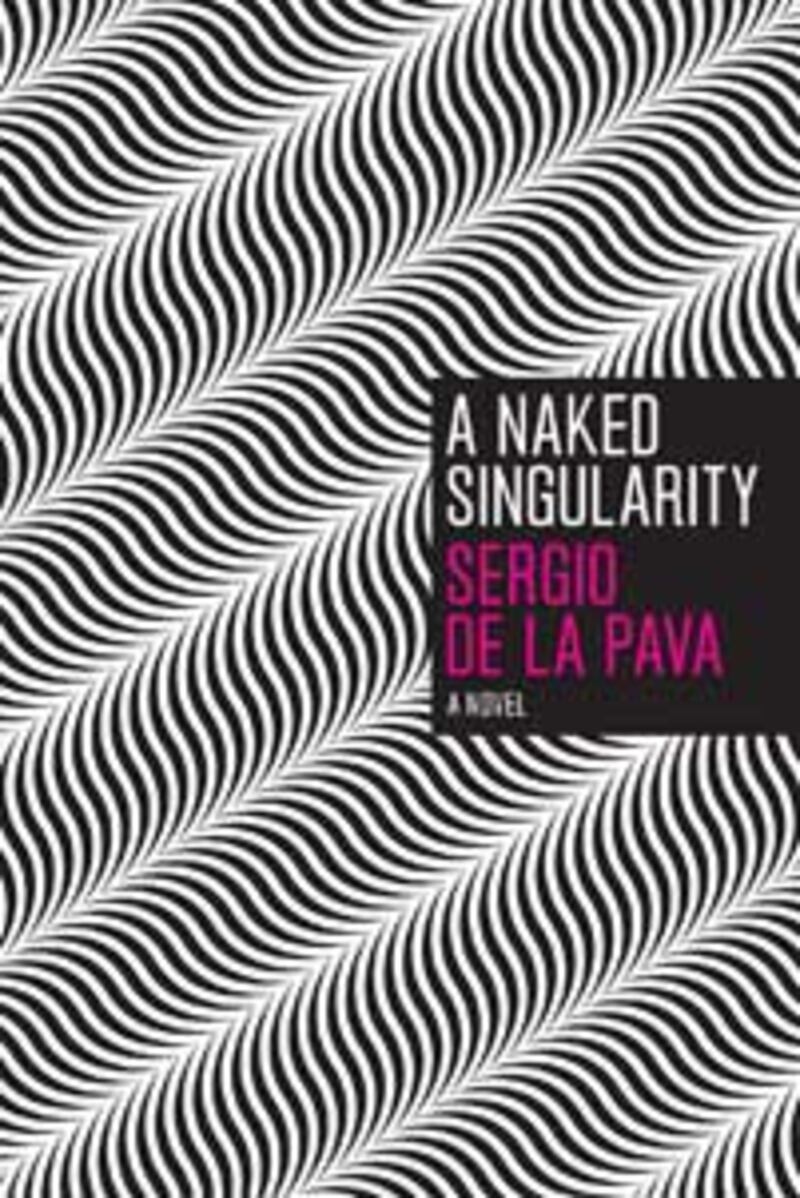
This 678-page behemoth was self-published by De La Pava in 2008 and rediscovered in 2012. The novel benefits from this four-year delay, for at its heart the noir-ish story is fraught with dismay at the flimsiness of justice and the ineffectiveness of even Occupy-like righteousness, as a never-before-defeated Manhattan public defender named Casi does his best to lose his first trial—and his sanity. The “system is broken” paranoia is taken to the extreme by the end, as the fate of mankind is sucked into the apocalyptic, the “naked singularity” of the title. Once again, it’s about saving the world while saving your own self. Don’t heroes of postmodern novels have time to take a walk without having to ponder the fate of mankind? The problem with allegory is that it draws attention to itself and resembles bad fiction, as James Wood said, and De La Pava does sound like an imitation of Gaddis or Pynchon, with less fun and fewer ideas. Perhaps his reach exceeds his technical grasp. Yet, De La Pava is in fact a fantastic writer. The ramblings of Casi never get boring. “We were what passed for Good there: the three of us and anyone we stood beside when we rose to speak for the mute in that decaying room (100 Centre Street’s AR-3); and in that place, at that moment, Evil had us surrounded.” Sure, he specifically namedrops the forces of Good and Evil, yet that “100 Centre Street’s AR-3” stands out, like the start of D.H. Lawrence’s story “Odour of Chrysanthemums”: “The small locomotive engine, Number 4, came clanking, stumbling down from Selston—with seven full wagons.” The 100 Centre Street, the AR-3, the Number 4, and the seven full wagons suggest the precision of truly confident writers, even if there’s some mumbling about black holes, Predictability, Space, and Time.
A Sense of Direction by Gideon Lewis-Kraus
Subtitled ‘Pilgrimage for the Restless and the Hopeful,’ the young writer’s journeys through Europe and Japan nail our collective anxiety—every sentence rings true.
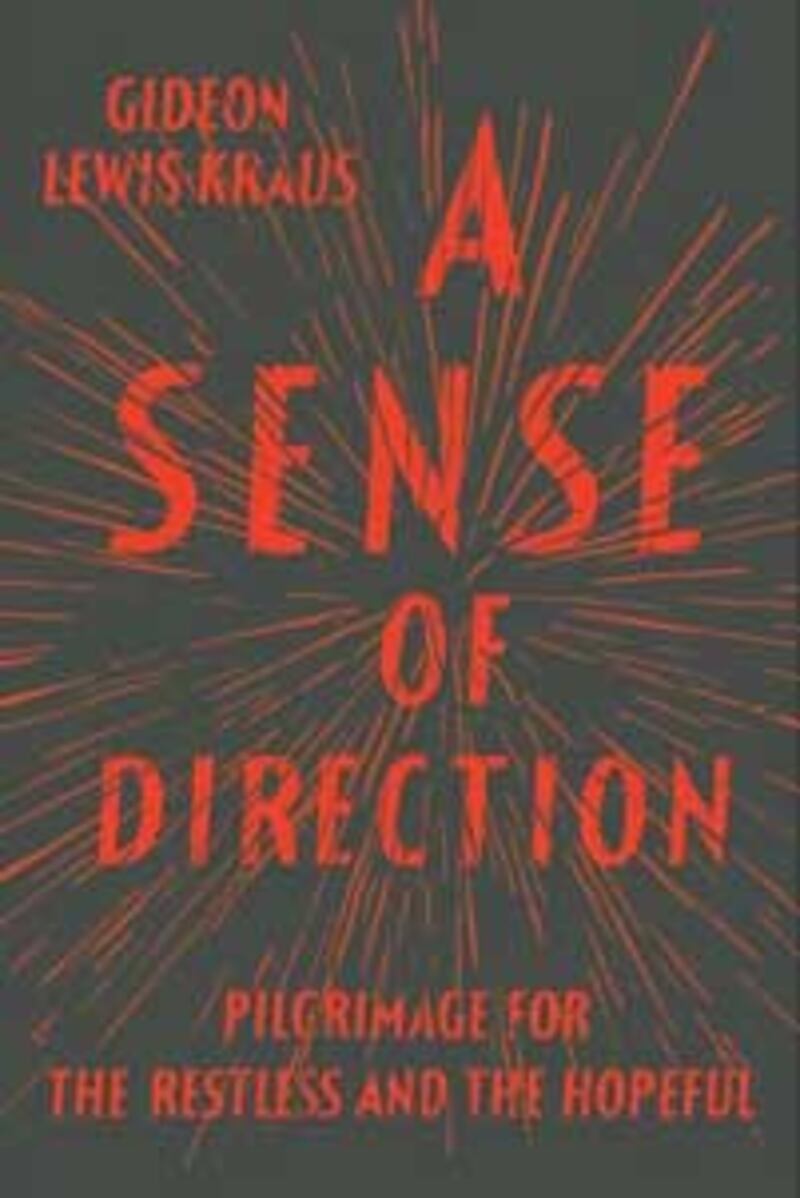
In 2008, Tom Bissell and Gideon Lewis-Kraus went on a trip around Europe. Their friendship illuminates a skeptical-slacker era exemplified by hipsters in Brooklyn, the way Sal Paradise/Jack Kerouac and Dean Moriarty/Neal Cassady embodied the Beats. Their pilgrimage, on foot, forms part of Lewis-Kraus’s travel memoir, with a lone journey to Japan and a trip to Ukraine with his father and brother rounding out the three acts. Every sentence of this book feels of our time, not only because of the subject matter (young folks in Berlin, measuring up to a sibling who has a fancy tech job, drinking Spanish and Japanese drinks that aren’t well-known even among mixologists) but because of a slightly self-deprecating tone. Lewis-Kraus is a master at it, and so is Bissell, who also has a similarly zeitgeisty book out. (Magic Hours, a collection of essays about what to do with your time.) Freedom and the arts—this is what it looks like.

